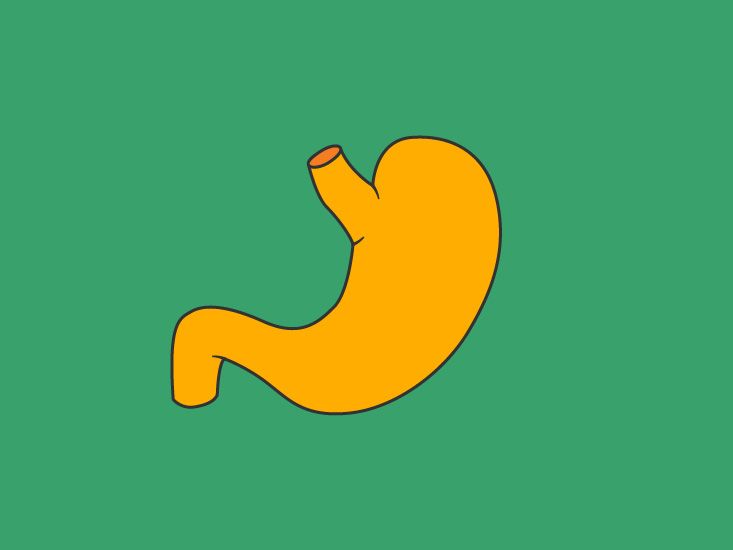A
Ana_v
Guest
But now let’s create a hypothetical scenario intended for a Catholic, prolife audience.
The pregnant mother has express intention on ending the child’s life because she wants to terminate the pregnancy. You want to do everything in your power to dissuade her from having the child killed.
It is in your power to induce labor, or otherwise arrange for labor to be induced, so as to relieve the mother of the pregnancy that she doesn’t want. The mother is willing to settle for “removal of the fetus” as an alternative to “the active killing of the fetus”.
Would you opt to remove the fetus, or refrain?
This question is interesting and relevant insofar as in the future the medical profession may be able to devise artificial wombs or incubators intended for very early inductions of otherwise non-viable fetuses.
Catholics adhere to the principle that “the end doesn’t justify the means”. So the question is – is the removal of a non-viable fetus in and of itself, wrong? Or does it depend on what is done with the fetus (e.g. left without care vs. transferred to another womb, whether artificial or natural).
The pregnant mother has express intention on ending the child’s life because she wants to terminate the pregnancy. You want to do everything in your power to dissuade her from having the child killed.
It is in your power to induce labor, or otherwise arrange for labor to be induced, so as to relieve the mother of the pregnancy that she doesn’t want. The mother is willing to settle for “removal of the fetus” as an alternative to “the active killing of the fetus”.
Would you opt to remove the fetus, or refrain?
This question is interesting and relevant insofar as in the future the medical profession may be able to devise artificial wombs or incubators intended for very early inductions of otherwise non-viable fetuses.
Catholics adhere to the principle that “the end doesn’t justify the means”. So the question is – is the removal of a non-viable fetus in and of itself, wrong? Or does it depend on what is done with the fetus (e.g. left without care vs. transferred to another womb, whether artificial or natural).
Last edited:

